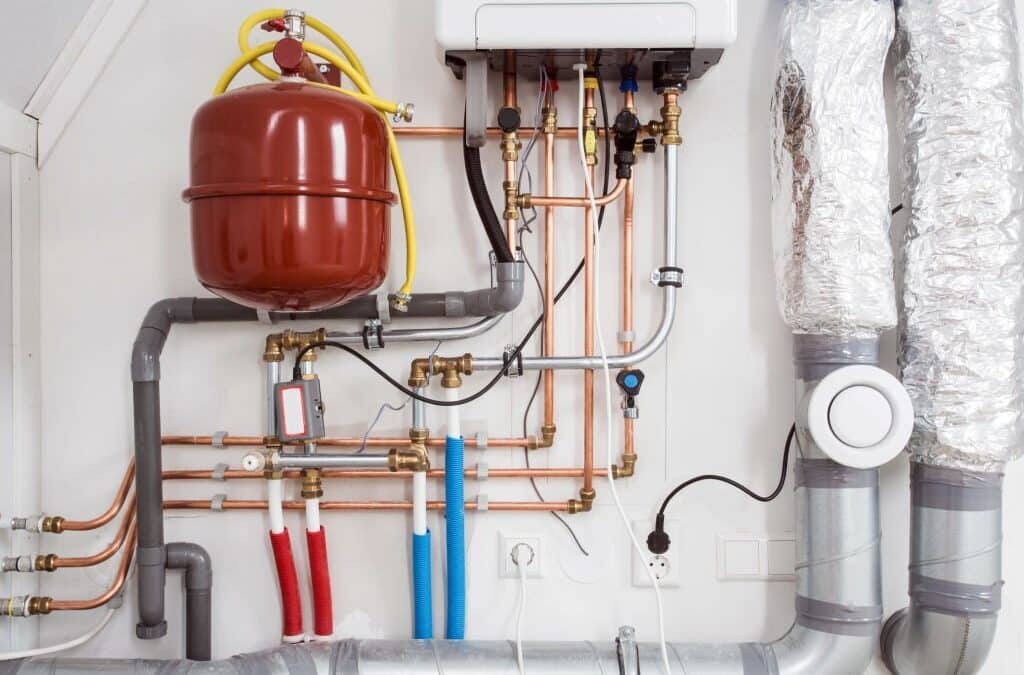Heat pump maintenance is an essential part of your heat pump’s operation. The technician will examine the mechanical components, including the compressor, ductwork, blower, indoor coils, and condenser. The technician will also inspect any parts that require lubrication, such as the fan belt, and the electrical connections. The technician will check for signs of leakage and will test the controls to make sure they are working properly. The technician will also check for problematic noise and airflow to determine what needs to be fixed.
The technician will check the electrical connections to make sure they are in good condition and safe. The technician will also check the capacitors and energy consumption. If you don’t get your heat pump serviced regularly, it could lead to problems with your motor and compressor. The technician will also clean the filters and lubricate the components to prevent friction. You should also make sure there are no clogs or obstructions in the condensate drain.
The technician will check the electrical connections to make sure they are in proper condition and will prolong the life of your heat pump. They will also check the compressor and motor for any potential electrical hazards. An improperly maintained heat pump could result in a compressor or motor failure. The technician will also make sure the thermostat settings accurately reflect the ambient temperature. A technician will also inspect the electrical wiring and adjust it to ensure proper airflow and efficiency.
Your heat pump should be inspected for leaks twice a year. If you notice water around the indoor unit, there is a good chance it has a clog. The technician will also check the condensate drain line. If it is, it means that the condensate is draining properly. The technician will check the condensate drain for obstructions. The technician should also clean the electrical terminals to make sure they are tight and free from debris.
In addition to checking the electrical components, a technician will also perform an annual heat pump maintenance check. The technician will check for refrigerant leaks and proper refrigerant levels. They will also check for the proper operation of the thermostat and other components. They will also check for any faulty or broken electrical connections. Once these components have been replaced, they will be inspected for proper electrical connections. In addition to these, they will inspect the condensate drain and the motor.
The technician should check the electrical connections and the condensing unit’s drain hole. The technician will also check for leaks and lost refrigerant. The electric control and the thermostat sensors should be properly adjusted. The heat pump filters and extracts moisture from the air to regulate humidity. Depending on the model, this maintenance should be done annually. While DIY heat pump maintenance is important, the technician should also check the condenser and the drain.
The technician will check the electrical connections and check the capacitors to ensure safety. These components are critical to the overall functioning of your heat pump and should be checked regularly. The technician will also check the condensate drain and lubricate all parts. This will prevent the compressor from overheating and reduce the risk of an overheated unit. If there are any problems with the electrical connections, the technician should replace them. The ducts should be oiled to reduce friction.
The heat pump needs to be checked twice a year. The professional checks for leaks and refrigerants and ensures the electrical terminals are tight. He also cleans and tightens the electrical connections and thermostat. The technician also checks the electrical wiring to ensure the heat pump’s safety. During the maintenance, the technician should check the electrical components of your heat pump. This will ensure that the heat pump is working efficiently.
If the heat pump is old, it’s important to have it checked every so often. The electrical connections should be in perfect working order. The technician should also check the capacitors and electrical wires. The wrong connection can result in a short circuit. The electrical wiring and components of the heat pump can cause safety risks. When the heating and cooling system is old, it could break down. If your system is older, a technician will check the components to ensure they’re working correctly.

